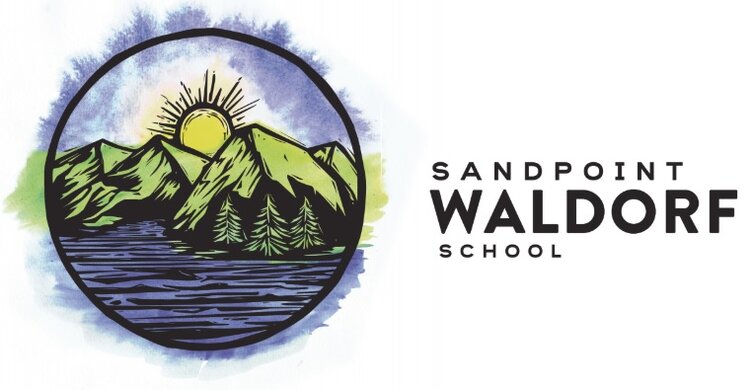Early Childhood
Pre-Kindergarten (Ages 2 - 4)
In the Pre-Kindergarten, young children are guided by experienced early childhood teachers through days of exploration and wonder. Teachers work closely with families to ensure a smooth transition to school and to create an experience that supports each child’s social, emotional, cognitive, and physical development. A balanced routine gives children the security from which to explore freely and confidently.
Our youngest children find delight in simple activities like bread baking, painting, crafts, and clean-up. Puppet shows and stories capture a child’s imagination and help build strong language skills, while lively counting games lay a foundation for mathematics. Teacher-led movement games help integrate the senses, and support physical and emotional development. There is time for creative and imaginative play each day. This play is an essential part of children's physical, emotional, social, and cognitive growth.
Pre-Kindergarten children have space to run, climb, build forts, and experience the seasons, in all kinds of weather! Children develop motor skills, integrate the senses, and work cooperatively. Teacher-led movement activities and games are balanced with time for free movement, indoors and out. Fine motor and artistic expression are encouraged through watercolor painting, craft and cooking activities, and free play.
Kindergarten (Ages 4 - 6)
In the secure and nurturing environment of the preschool and kindergarten children learn about themselves and their world. The days are filled with artistic and practical work, imaginative play and fairy tales, puppetry and music, circle games, and healthy outdoor play. Because children learn primarily through imitation, teachers strive to create and maintain an environment that is worthy of the child’s imitation.
Seasonal celebrations bring the wonder of nature. Songs, verse, and stories presented in the oral tradition provide a developmentally appropriate introduction to language study. A foundation for mathematical concepts is laid through rhythmic movement, finger plays, and simple games. Simple toys made from natural materials stimulate the imagination. The imagination is further developed through a variety of artistic activities including painting, drawing, beeswax modeling, and seasonal crafts.
As children progress through the preschool and kindergarten years, a rhythmic repetition of these activities strengthens and nourishes them and brings purpose to their outward tasks. The beauty, logic, and purpose of what they see imbue them with order and harmony.
The Waldorf early childhood curriculum is designed to build a solid foundation for future academic work by protecting and nurturing children’s senses and their natural creativity. With a healthy physical development, an active imagination, and a true reverence for the world, children are well prepared for the challenges of grade school.

